The war in Ukraine has been disturbing us for a long time. With the escalation of the armed conflict, society has undergone significant changes. Initially, there was a great deal of solidarity, and various humanitarian and financial collections were organized. Then came the first wave of refugees, and it was necessary to provide accommodation, food, and other assistance. Our society is primarily focused on facilitating the integration of refugees into the Czech system, whether through various job opportunities or providing assistance to Ukrainian children in schools, and so on.
We all feel fear and anxiety. We are frustrated by the whole
situation and want it to end finally. And what about those who essentially fled
from the frontlines? They witnessed destruction, killings, and had to leave
their homes, the places where they grew up, worked, and where their families
reside. Women embarked on long journeys to safety with their children, without
their husbands, who had to stay and defend their homeland. Without certainty of
having a place to return to. Often without finances, only with what they
managed to pack into a backpack, a plastic bag...
Dismay, fear, or sadness are acute reactions to stress, and they are automatic physiological responses that should subside within a few hours after a traumatic event. However, they often return in various forms and can develop into post-traumatic syndrome.
Problems with many faces
War not only triggers many mental issues but also
exacerbates existing ones. Those who were dealing with various life changes,
difficulties, problems, and crises find themselves suddenly in a foreign
country without their current therapist. They have no one to turn to, unsure
whom to ask for help. They need therapy but face a language barrier. Thus,
depression, anxiety, panic attacks, and other negative emotions can deepen.
It's not only about depressive moods; let's take, for example, a person who has
been working on building their self-confidence, personal growth, processing
various past experiences, traumas, low self-esteem, or anything else. All that
long-term self-work can go to waste if therapy is interrupted.
We don't even need to write about the impact fleeing from
war can have on a person's psyche. It's a huge trauma with many consequences.
Once again, there's depression, uncertainty, fear for loved ones, fear for the
future. And not just in adults, but especially in children.
Children are uprooted from their homes, often not even
knowing exactly what's happening, why they have to leave their room, their
friends, their dad, grandpa, or older siblings. Some children leave with
neighbors, aunts, etc., because their mothers have to stay home and take care
of elderly relatives or sick household members... Imagine a child peacefully
sleeping in their room, suddenly awakened by explosions in the distance,
parents rushing around the house, packing essential belongings, pulling the
child out of bed, letting them take only one of their many toys, and then
rushing to the train station or driving towards the border... Or a child who
had to hide in a metro with an inflatable mattress for some time until it was
safe to leave the city for safety. No one should experience that, especially
not a young child. They should be playing in kindergarten, in the garden, or on
the playground with their friends, not hiding from bombings. A child's soul is
fragile, and such an "experience" leaves lasting and deep scars. It's
essential to find a remedy for these pains, to find someone who can help the
child overcome and process the trauma they've been through. But it's truly
difficult when the child doesn't understand what the psychologist is saying in
a language they might not have heard until then. It's true that children are
like sponges and can quickly learn a foreign language, but expressing their
concerns is always easier for an adult in their native language...
Psychologist with Ukrainian in a foreign country?
Having a psychologist who speaks your native language is
priceless. But how do you find one in a foreign country? You can turn to
various organizations that can help you with the search, but you might have to
wait a long time for a consultation appointment. And as we know, problems
cannot be postponed, they need to be addressed as soon as possible – maybe even
within an hour.
Sounds nice, right? But... believe it or not, there are no
"buts" in our online psychological counseling MOJRA. First and
foremost, that's because our team includes psychologists who speak various
languages, including Ukrainian. Another advantage of our counseling is that we
operate online through readily available applications. This means that
assistance is accessible to clients from anywhere and at any time – morning,
afternoon, or evening, 7 days a week, even on public holidays. And precisely
because it's an online solution, it guarantees quick access to psychological
help, as our psychologists don't have to travel anywhere, and you don't have to
go to any office – you can have a consultation within an hour of making an
appointment.
How does it all work? In the order form, you choose the date
and time of the consultation, the method of consultation (Skype, phone,
WhatsApp, Viber, etc.), provide your contact information, and briefly describe
your problem in the notes. Then you click "continue." In the next
step, you choose the payment method, fill in the registration details, give
your consent, check the "I'm not a robot" box, and submit the order.
If you choose card payment, you'll be redirected to the payment gateway. If you
prefer a bank transfer, you'll receive an email with the payment details. Then
all you have to do is wait for the psychologist to get in touch with you at the
chosen appointment time.
I don't need help, but I want to help
The war conflict doesn't directly affect only Ukrainians
themselves; it impacts the psyche of everyone. None of us are indifferent to
these events, whether we are merely bystanders or have acquaintances, family,
or friends in Ukraine. We all want to help in some way, offering accommodation,
organizing and contributing to humanitarian collections, and assisting with
integration into Czech society. Besides material aid, it's also essential not
to forget about emotional support. Sometimes, offering a helping hand that
people can lean on is enough. Other times, we might not be able to manage it
ourselves.
Whether you have someone you know, an employee, or a family member dealing with the situation in Ukraine because they have family there and are uncertain about their well-being, or you want to help one of the refugees process their experienced traumas, MOJRA gift vouchers are a suitable means of assistance.
How does it work?
Simply choose one of our gift vouchers, place an order, and
make the payment. The voucher will then be delivered to your email in
electronic form. Just print it out or forward it to the intended recipient. The
gift voucher is valid for 4 months, during which the person can redeem it at
any time.
Ordering a consultation with a gift voucher is easy:
• The gift voucher specifies the type of consultation (email, phone call, consultation package).
• Click on "Sign up" in the menu.
• Select the type of consultation.
• At the end of the order, choose "mojra.cz packages" as the payment method.
• In the "Coupons and gift vouchers" section, insert your generated gift voucher code into the "Gift voucher/discount package code" field. The consultation price will be 0,- Kč/Euro.
• Complete the order afterwards.
You have just read an article about: How to find a Ukrainian-speaking psychologist?
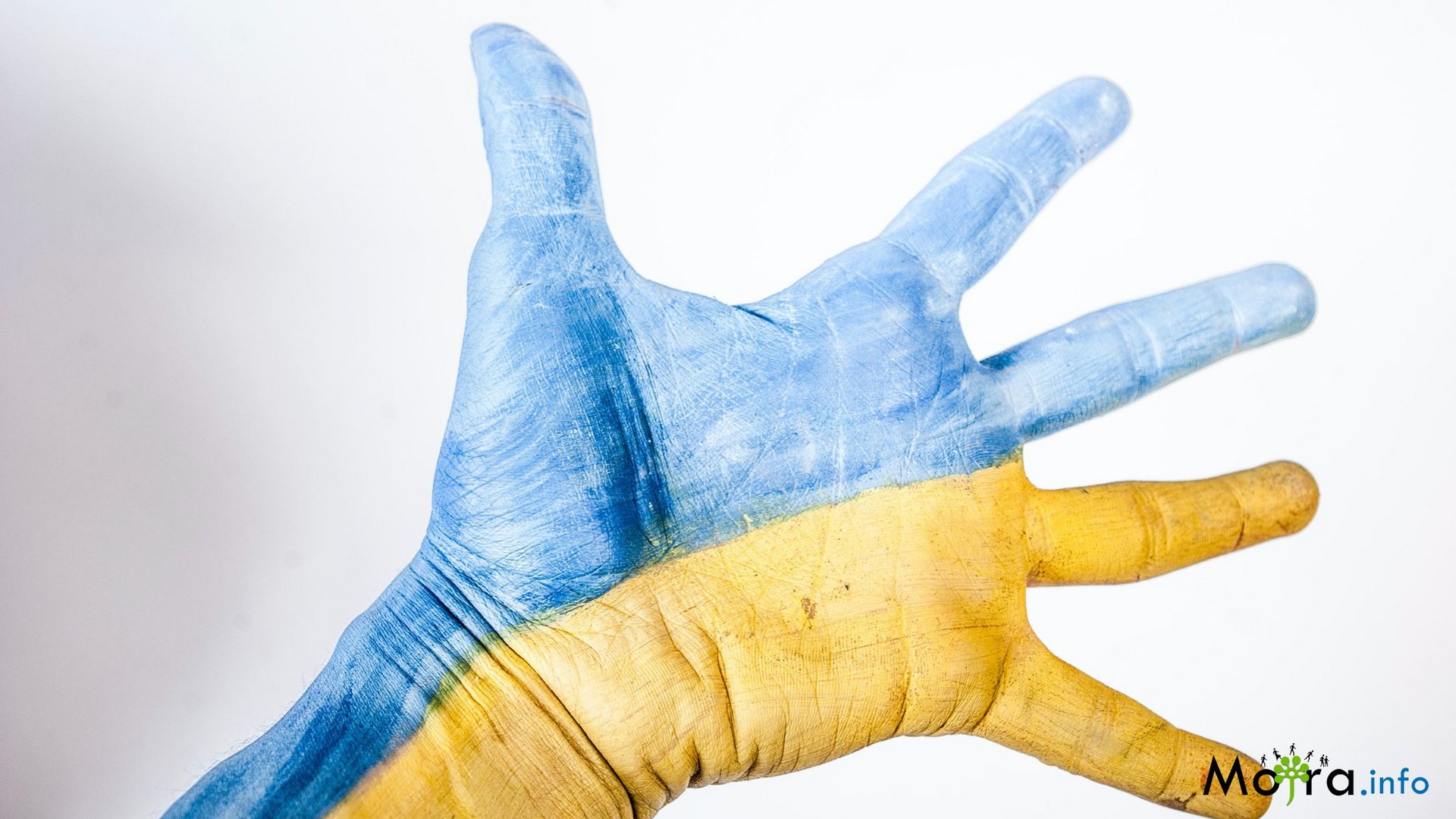
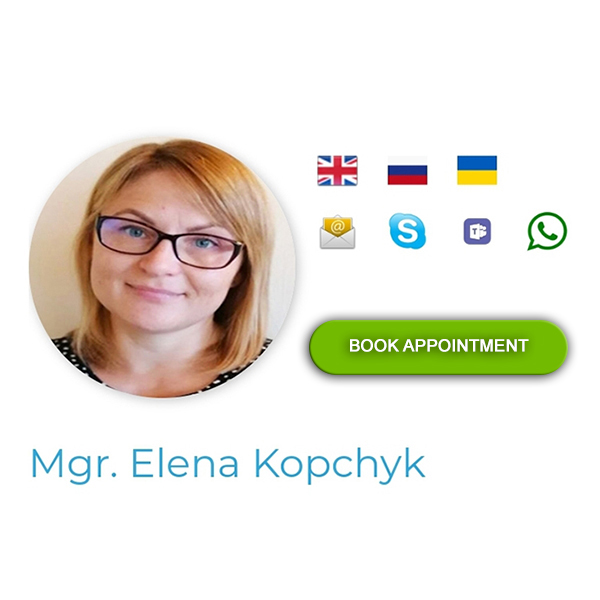
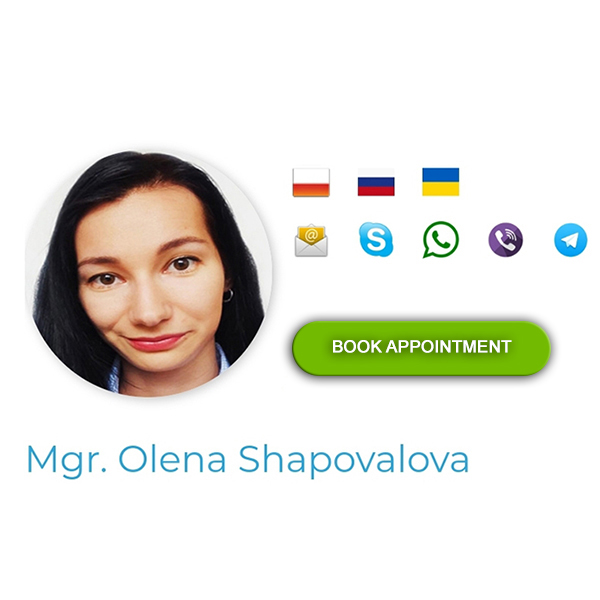












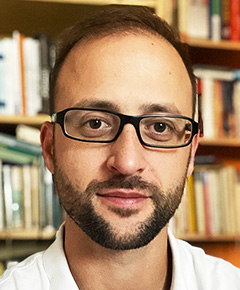







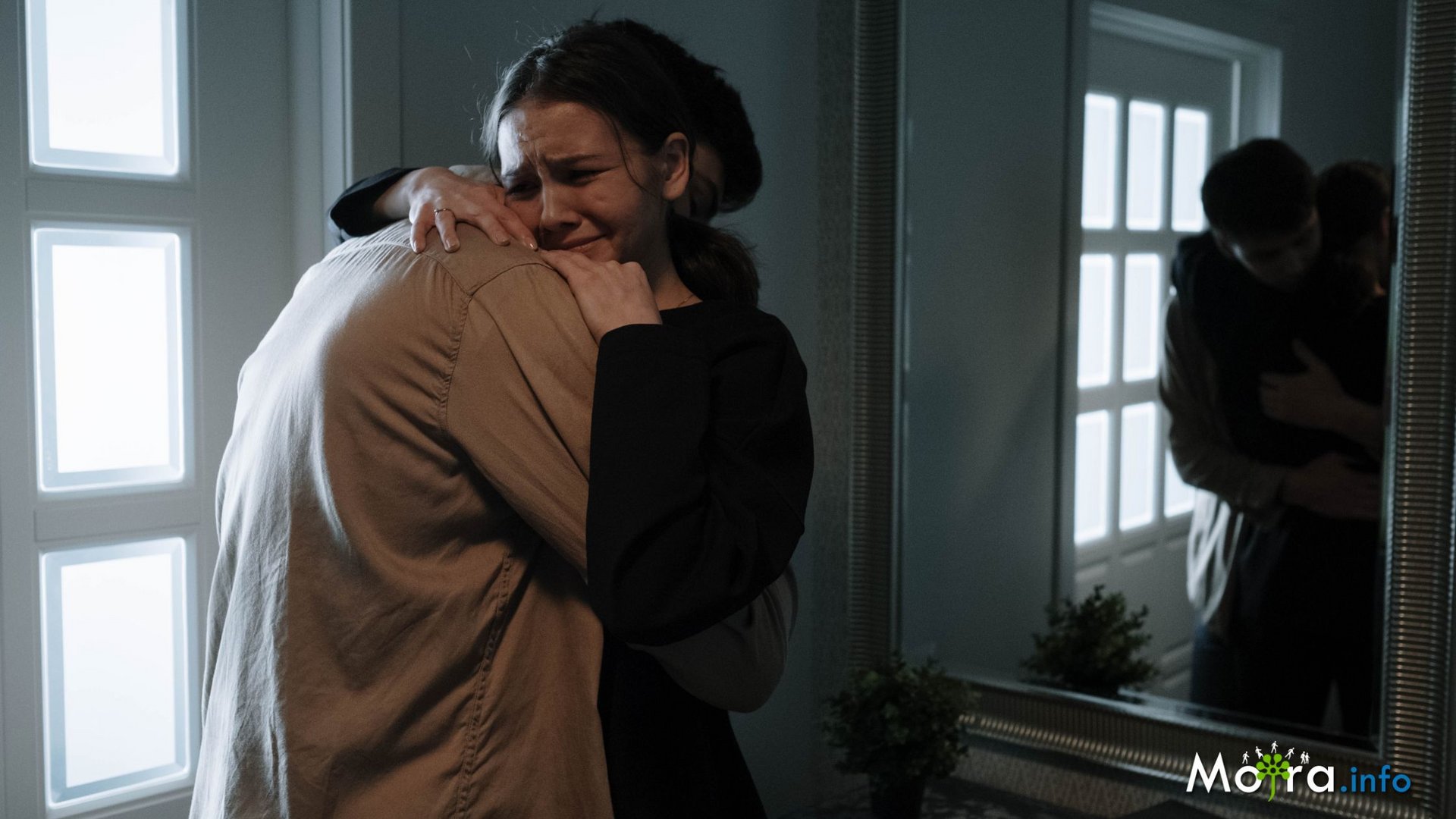



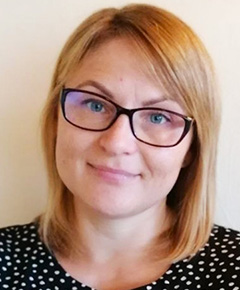


Enter your comment.